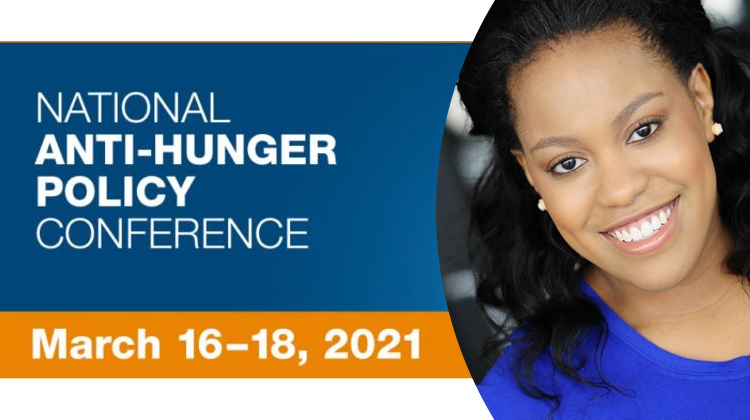
I went into the National Anti-Hunger Policy Conference to take many notes and hopefully use the knowledge I was receiving to benefit our Food Bank. I left with a community of over 200 people that wanted to come together with a clear common goal to fight against hunger.
I have a Ph.D. in Poverty
Jimmeka Mills
It is true what they say that everything comes to you right when you need for it to come to you. I needed to be in the session Beyond Focus Groups & Stories with Jimmeka Mills and Barbie Izquierdo. What I learned was valued beyond what they even know—the importance of respecting the work we do and realizing that our experience is of value. We have value in our “lived experiences,” and those experiences are a large part of what makes us eligible to receive equitable wages, equality in our living situations, and speak as an expert.
I used to be ashamed of the time that I spent living in poverty. I cried on cold nights and found myself finding ways to make meals out of nothing at all. I never knew about places like the food bank and was always made to feel ashamed that I could receive food, healthcare, and living at a reduced rate. I now know that those experiences make me a valuable resource for so many who are struggling and feel that same shame that I felt. “I kept seeing millionaires from organizations tell my story through their lens, and I was sitting there with no money, no food in my fridge, and it was because I wasn’t telling my story through my own lens” – Barbie Izquierdo. WOW! At the end of this session, I wanted to tell more of my story through my lens and create my narrative.
I went into session two thinking that the first session was the message that I was to receive. However, I was in the right place at the right time because Passing the Mic: How Can Our Movement Be Anti-Hunger and Anti-Racist was just in line with the work that I see myself doing. I have farmers in my family, and I someday hope to own land and farm as well. I didn’t realize that Black Farmers in the U.S. were not visible because of the scale at which their farms produce.
We heard from Christopher Bradshaw from Dreaming Out Loud in Washington D.C. about how his organization built an urban farm and a network of urban farmers that, on a smaller scale, are giving food to communities but are not widely recognized. Here is the food bank; we are very familiar with the COVID relief boxes, but did you know the policies put in place for the COVID relief boxes excluded most black farmers because of their farms. The scale of requirements most urban farmers (meaning farming in the city rather than a rural area), which are primarily Black, Indigenous, Person of Color (BIPOC), did not get to participate in that during the pandemic’s height when food was in so much need. Bradshaw asked the question of “How do we make the policies more inclusive by allowing policies to meet the farmers where they are? Let’s write policies that allow for ‘farm to prison,’ ‘farm to hospital,’ and ‘farm to those that are unthought-of’ in the great fight for hunger.”
Meeting people where they are is a message that I believe resonates loudly within our community and culture here at Second Harvest. I get to see so many of us work daily, and at the end of the day, I get to go home knowing that the work here that we do genuinely makes a difference in the lives of the community. The last session that I went to was are a group of 100 on a zoom call. It was a titled African Americans Working in the Hunger World. The host Beverly Wheeler from D.C. Hunger Solutions was terrific at allowing us to network and be in a space where we were with other Black people working in the country’s hunger space.
I left day one proud and carried that over to day two. I didn’t feel heavy or like I was ashamed of my background and the things I have done to get to this moment. I felt empowered and eager to learn more about doing what I do here at Second Harvest but elevate that experience that much more.
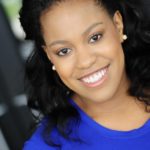


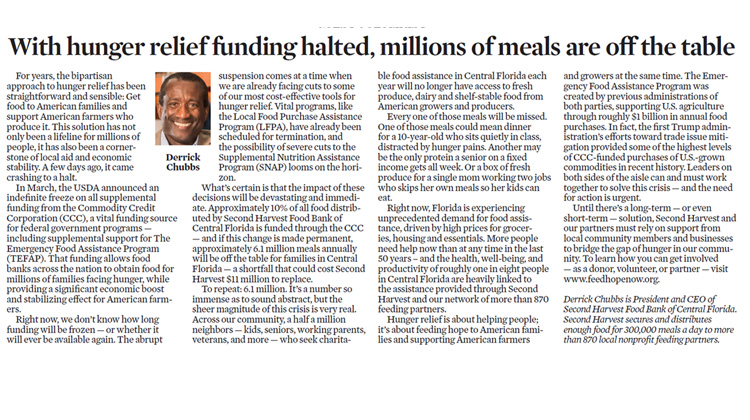
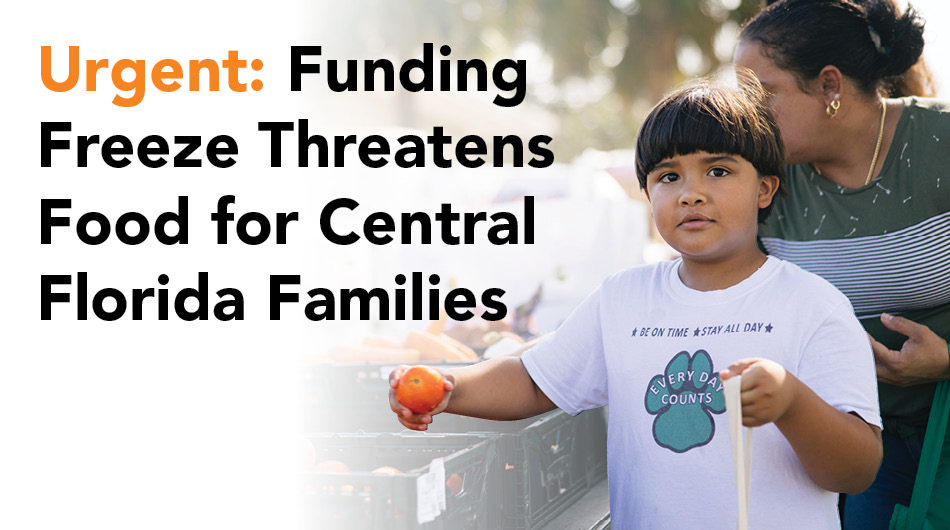
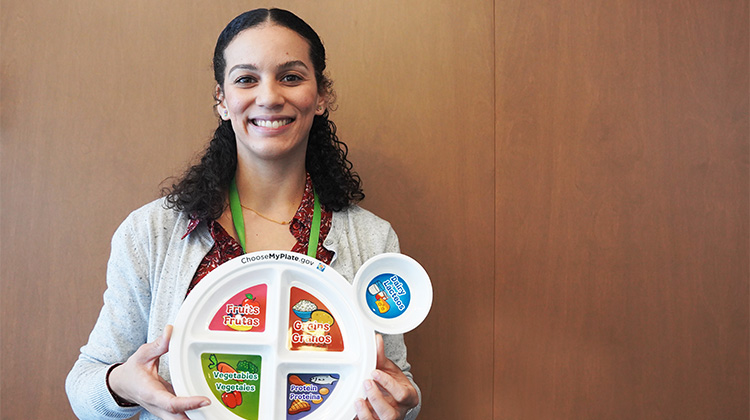
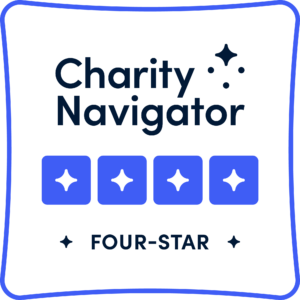

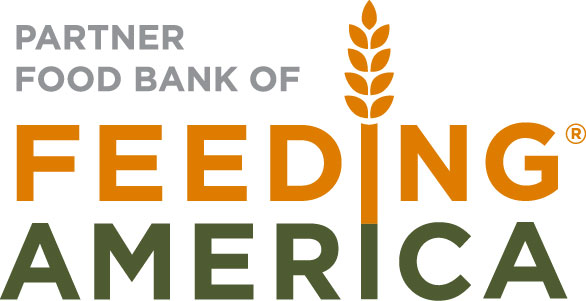
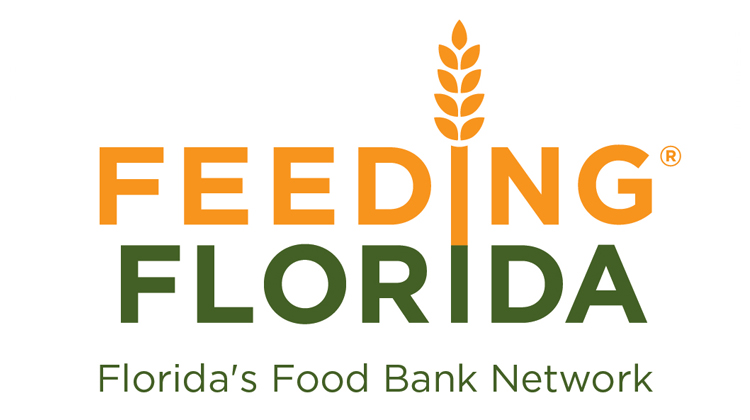
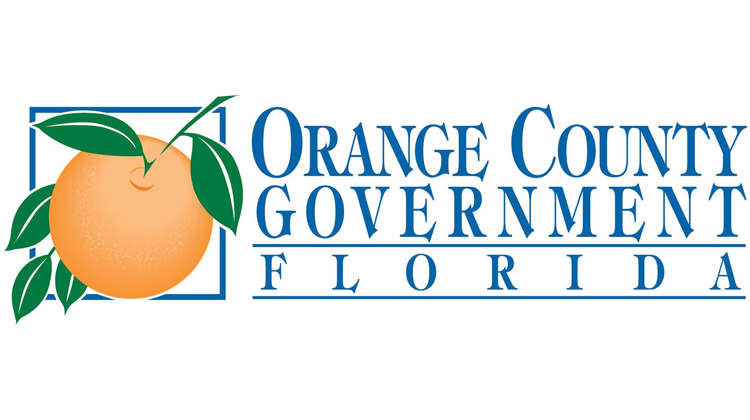
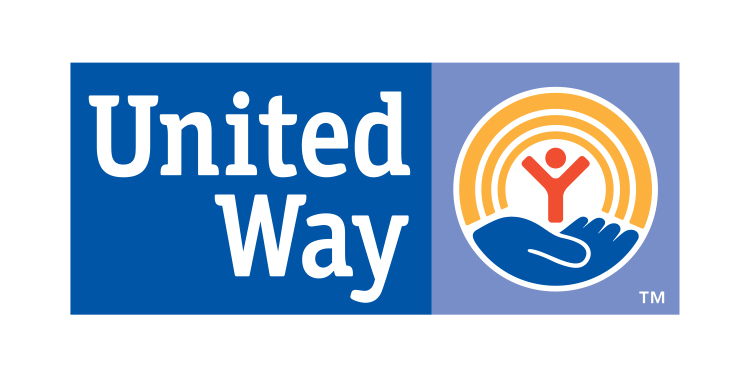

Leave a Reply